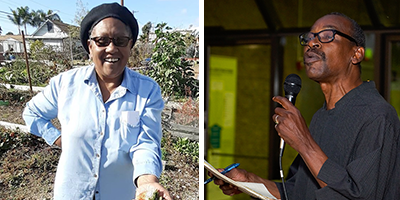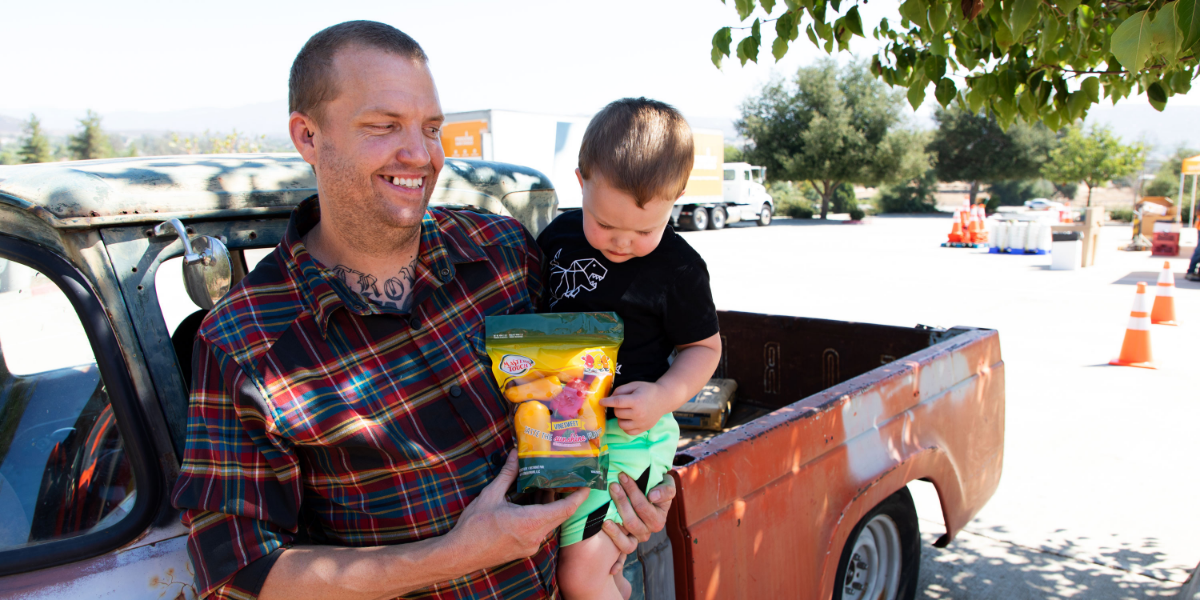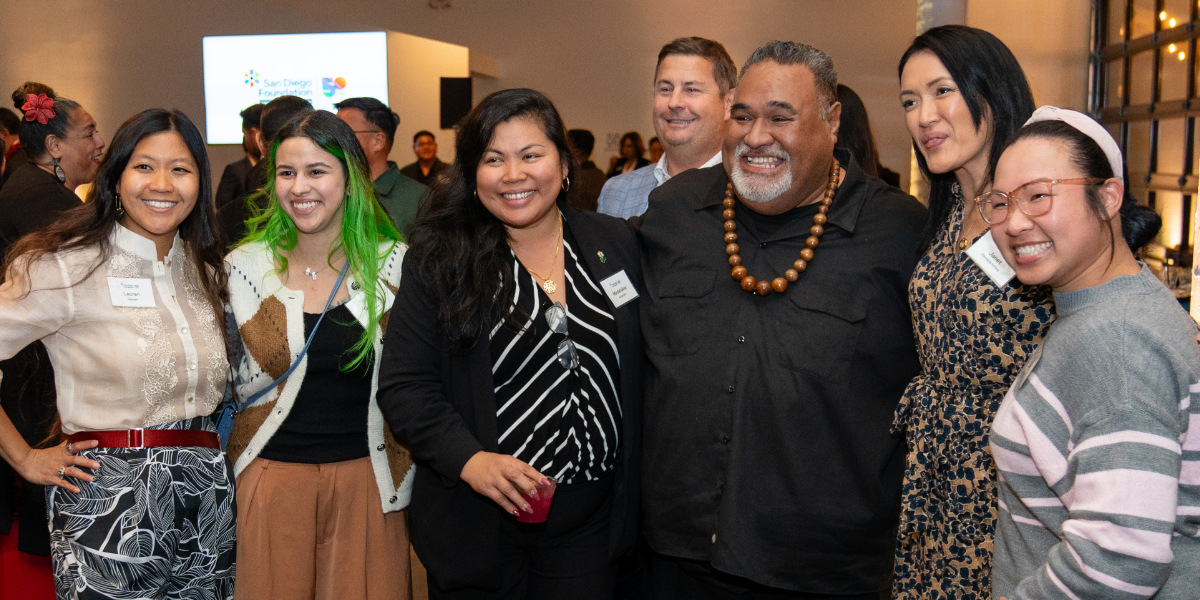The COVID-19 pandemic coupled with the most recent protests for social justice have had profound impact on Black people and other communities of color. As one of the most important American authors of the twentieth century, Ralph Ellison, says:
“I am invisible; understand, simply because people refuse to see me.” His work, “Invisible Man” is about the process of overcoming deceptions and illusions to reach truth.
Black people have been exposed to and struggling against systemic racial oppression for decades. Furthermore, hunger and the lack of healthy food have disproportionately burdened communities of color for generations. These same communities are now ravaged with the highest number of individuals facing COVID-19.
According to County of San Diego, more persons have tested positive for the virus in Southeastern San Diego than in any other area. Concomitantly, the historically high unemployment rate is driving a greater need in our community for survival resources
The immediate need is to address food insecurity to avoid death and damage due food scarcity and apartheid. Community members are sourcing what food they can from retail food outlets and many shelves are empty and the lines for food distribution are longer than we have ever seen. As we enter the sixth month of the pandemic, there is an increased need for people of good will and means to invest in short term solutions like coordinated food distributions and deliveries.
People working on the ground in Southeastern San Diego estimate that they serve 9,000 to 10,000 people every week, providing perishable and non-perishable items to those in need. Many food justice advocates, faith-based institutions and community organizations, are providing food to people in Southeastern San Diego at various locations on a regular and consistent basis. Many have provided this service since the stay-at-home orders have been issued. These efforts are to be applauded and strengthened.
The ongoing challenges are sustainability and the capacities and conditions to address food access in self-determining and dignity affirming ways.
Additionally, initiatives like the one launched by Project New Village, the Community Pantry Project, in which residents actively get involved with growing food and contributing to our neighborhood food supply-starting in our homes and backyards. The overarching goal of this project is to assess the feasibility and benefits of creating and sustaining a community of practice for home gardeners and farmers contributing hyper-local food for the community; building on urban agriculture to achieve broader goals of food abundance, regenerative place-making, community resilience, and social equity in Greater Southeastern San Diego (GSESD).
Again, we believe this type of long-term strategy begins to bridge the gap towards food sovereignty and is worthy of investment. Ultimately what is required is a coordinated approach to change the food system so that it uses our strengths and assets in addressing the needs of the people, especially the vulnerable among us.
That said, It has been difficult to see the pain and hardships this pandemic has elevated and exposed in our neighborhoods; however, we do see hope. Our communities are resilient, and our strength comes from banding together to rise up against the challenges we face collectively.
Two examples of efforts intentionally embracing racial equity, diversity and inclusion to make the food system better are the San Diego Food System Alliance who has launched a community engagement campaign Food Vision 2030, an effort to “reimagine and reconfigure our food system”; and The San Diego Foundation and San Diego Grantmakers, is providing safe space for discourse and technical assistance to make way for relevant innovation informed by community voices.
Offering more than charity, food justice work addresses racial and socio-economic inequalities by offering transformative, collaborative change within and across communities.
Fannie Lou Hamer, human rights activist, and a forerunner in the Food Justice Movement, advocated for local control, place-based work, self-determination, and food subsidies. These bold agricultural ideas conceived in the late 1960s by Mrs. Hamer and her Freedom Farm initiative suggest paths for us to follow to need our current food challenges highlighted by the COVID 19 pandemic. One thing for sure, Inequity within the food system, cannot be addressed without addressing inequality within society as a whole.
This article and respective opinions expressed by N. Diane Moss and Robert Tambuzi are part of an effort to educate and inform our community about inequity across our region.

N. Diane Moss is a longtime community organizer and the Managing Director at Project New Village. Robert Tambuzi, community organizer and Board Member with Project New Village, also contributed to the development of this article.




